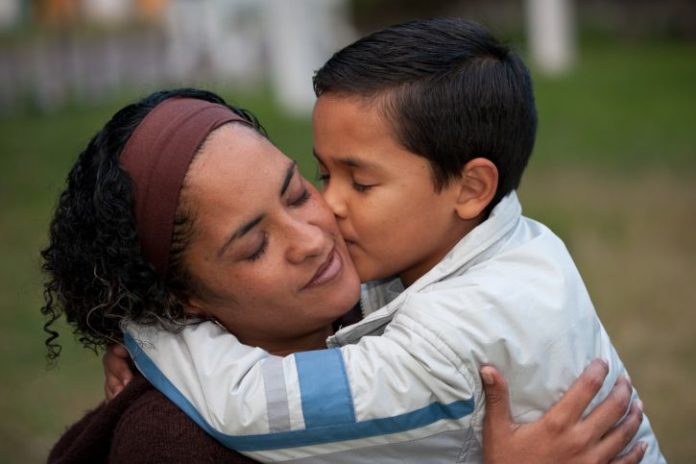Children born to older mothers can benefit from better health and language development (up to the age of five) a study published on bmj.com suggests.
The authors found that increasing maternal age was associated with children having fewer hospital admissions and accidents, higher likelihood of having their immunisations by nine months of age, better language development and fewer social and emotional difficulties.
In developed countries, there has been a strong trend towards later childbearing. In England and Wales, the number of births to women 40 and over trebled from 1989 to 2009 to almost 27,000. Although there has been substantial research on young mothers and childhood development, there is little evidence of any effects of older mothers.
Researchers from London therefore analysed data from the Millennium Cohort Study for over 78,000 children born in England between 2000 and 2002. All mothers were between 13 and 57 years of age.
Outcomes analysed included child’s body mass index (BMI), accidents and hospital admissions, language development, social difficulties and immunisations. Rates were adjusted for several factors, including child’s sex, age, birth weight, father’s age, family income and social class.
Results showed that both the risk of accidents and hospital admissions decreased with increasing maternal age. For instance, at nine months, the risk of a child with a 20 year old mother having an accident was 9.5% which fell to 6.1% for a mother of 40. This decline continued for three and five year olds.
Similarly, at nine months, the risk of a child with a 20 year old mother being hospitalised was 16% which fell to 10.7% for a mother of 40. This trend continued for three year olds, but was not statistically significant for five year olds.
The results for immunisations at nine months old showed that the rate rises from 94.6% when a mother is 20 to 98.1% when the mother is 40, but this rate decreases for older mothers when the child reaches three. No association of a healthier BMI was found for increasing maternal age but children were found to have better language development and fewer social and emotional difficulties with increasing maternal age.
The authors say that older mothers tend to be more educated, have higher incomes and be married – all factors which are associated with greater child well-being.
The authors conclude that increasing maternal age is associated with children having fewer hospital admissions and accidents, having all their immunisations by nine months of age, better language development and fewer social and emotional difficulties. They say the “findings are noteworthy given the continuing increase in average age at maternity”. They do say however that it is important to continue to examine relationships between child outcomes and maternal age.
Source: British Medical Journal











